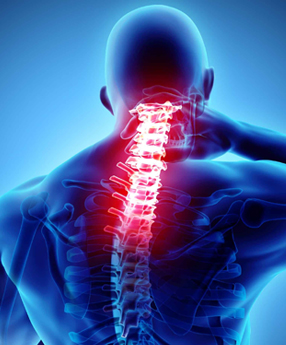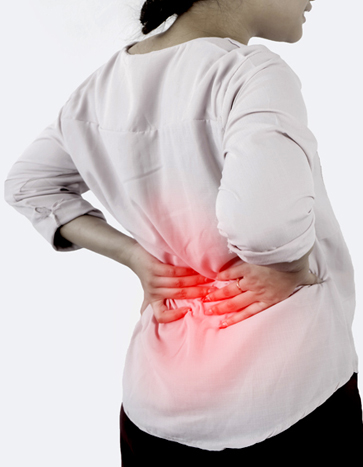Dicyclomine+Mefenamic Acid is used in the treatment of menstrual pain and abdominal pain. It relieves colicky pain associated with intestinal, biliary, and ureteric colic.
Dicyclomine+Mefenamic Acid is used in the treatment of menstrual pain and abdominal pain. It relieves colicky pain associated with intestinal, biliary, and ureteric colic.
Dicyclomine + Mefenamic Acid is a combination of two medicines: Dicyclomine and Mefenamic Acid. Dicyclomine is an anticholinergic which works by relaxing the muscles in the stomach and gut (intestine). It stops sudden muscle contractions (spasms), thereby relieving cramps, pain, bloating, and discomfort. Mefenamic Acid is a non-steroidal anti-inflammatory drug (NSAID) which works by blocking the release of certain chemical messengers that cause abdominal pain and inflammation (swelling). Together, they relieve menstrual cramps and colicky pain.
Dizziness, Dryness in mouth, Nausea, Diarrhea, Constipation, Dyspepsia, Headache, Drowsiness, Itching, Ringing in ear, Breathlessness





Yes, you should take Dicyclomine+Mefenamic Acid with food or immediately after food. This will prevent the occurrence of stomach upset, which is very common with this medicine. It is also advisable not to lie down immediately after taking the medicine.
No, Mefspas does not have any effect on menstrual bleeding, neither does it affect the amount nor the duration of bleeding. It does not affect the menstrual cycle and helps relieve the pain caused due to menstrual cramps.
Dicyclomine+Mefenamic Acid is not prescribed to be taken on a regular basis. Therefore, it is advised to take Dicyclomine+Mefenamic Acid for the shortest possible time advised by the doctor or only when you experience menstrual pain.
Yes, you should try to avoid driving after taking Dicyclomine+Mefenamic Acid as this medicine may cause dizziness or sleepiness. These side effects get worse with the consumption of alcohol. Hence, better to avoid driving or any attention-seeking activity until you know how the medicine affects you.